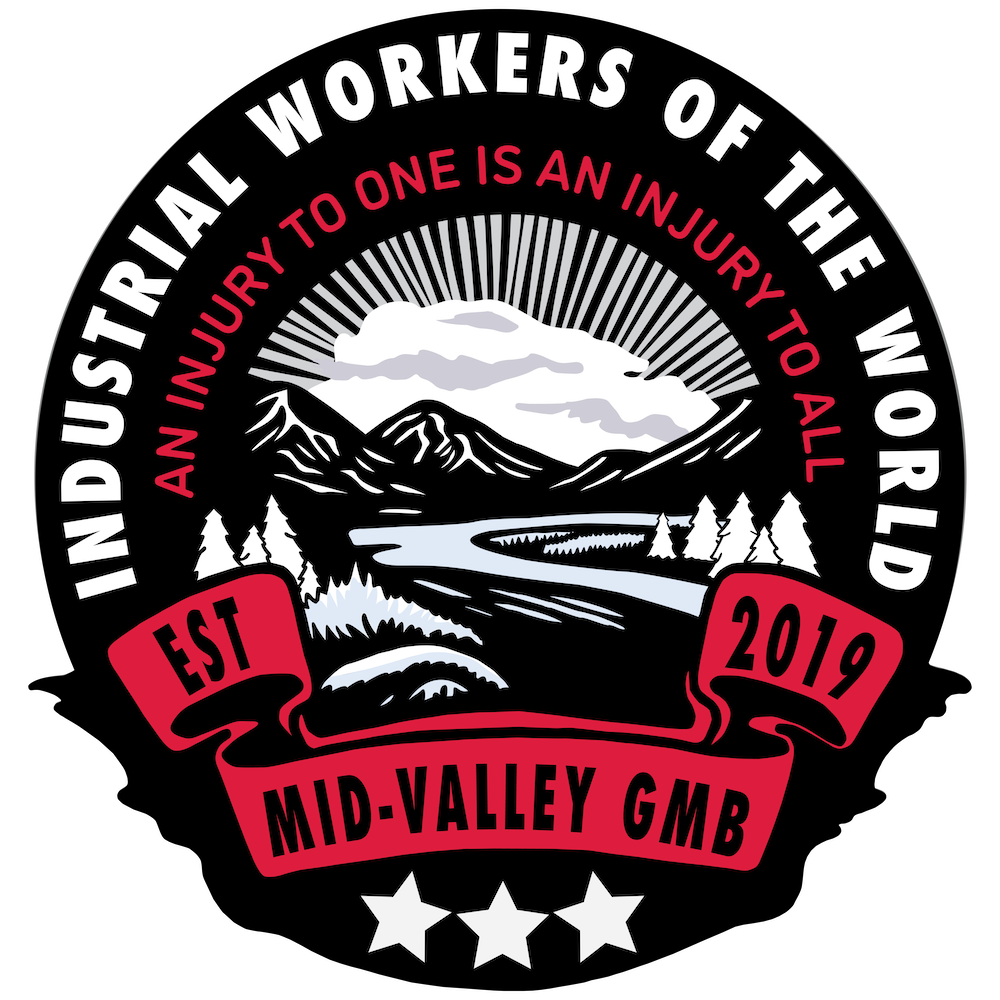General FAQ
The Industrial Workers of the World (IWW) is a labor union that was founded in 1905 in Chicago, Illinois. It is a revolutionary union that seeks to organize all workers into “one big union” and overthrow the capitalist system. The IWW is unique among labor unions in its commitment to industrial unionism, direct action, and solidarity. Its philosophy is based on the belief that workers must unite across all industries and occupations to build a powerful movement that can challenge the power of the capitalist class. The IWW has a long history of organizing workers in some of the most difficult and dangerous industries, including mining, logging, and agriculture. The IWW is a member-run organization that is committed to democracy and workers’ self-management.
No worker is barred because of race, religion, nationality, sex, or sexual orientation. Any wage earner may carry an IWW card with the exception of those with hiring and firing power as well as members of law enforcement, including prison guards.
Yes, members of other unions can join the IWW as dual card members. This means they are members of both the IWW and their primary union. Dual carding is common among workers who are interested in the IWW’s principles of solidarity unionism and rank-and-file democracy
The IWW is unique among labor unions in several ways. Here are a few key differences:
Direct action: The IWW is known for its emphasis on direct action, meaning workers taking direct action against their employers without relying on politicians or union bureaucrats to negotiate on their behalf. This can take many forms, including strikes, slowdowns, and pickets.
One Big Union: The IWW’s ultimate goal is to unite all workers in “One Big Union” (OBU) that would be capable of overthrowing capitalism. While most unions focus on organizing workers within a particular industry or company, the IWW seeks to build a broader movement of workers across industries and borders.
Non-hierarchical: The IWW is organized on a non-hierarchical basis, meaning that there are no paid union officials who make decisions on behalf of members. Instead, decisions are made democratically by the membership as a whole.
Solidarity unionism: The IWW emphasizes the importance of solidarity unionism, which means that workers support each other in their struggles rather than relying on paid union staff. This often involves building networks of workers across industries and companies to provide mutual aid and support.
Focus on the unorganized: The IWW places a special emphasis on organizing workers who are not already unionized, including those in traditionally low-wage and precarious industries. This has led the IWW to focus on organizing efforts in industries like food service, retail, and logistics.
Contact the Branch Secretary at midvalleysecretary@riseup.net
